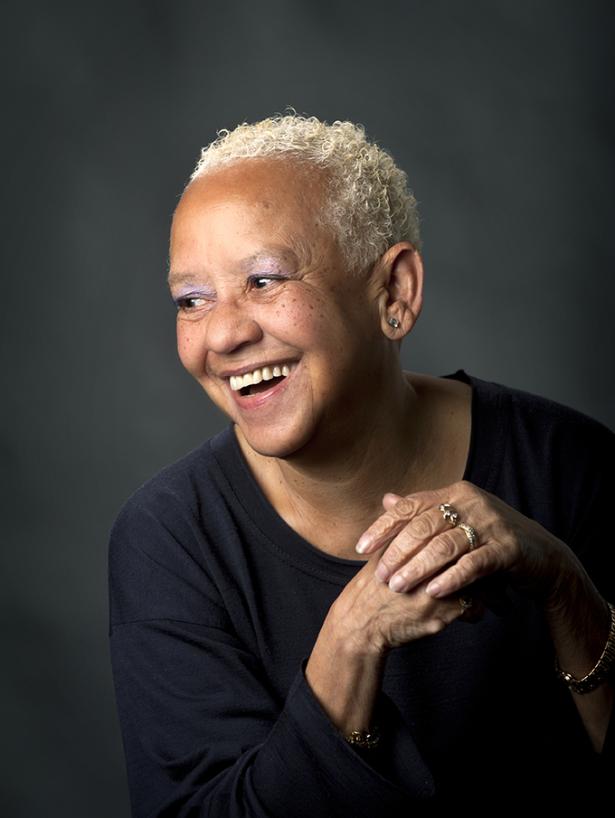At 79 years old, Nikki Giovanni is one of America’s most acclaimed poets and a well-known voice of the Civil Rights, Black Power, Black Arts and Black Lives Matter movements. A powerful writer and trailblazing activist, Giovanni’s words have inspired the masses for decades, and Going to Mars: The Nikki Giovanni Project continues that trend.
Brewster and Stephenson utilize the medium of film to create something that, in many ways, mimics poetry itself. “Everything we do is about telling the story in multiple ways at the same time,” Brewster says in the post-film Q&A. “Everything is intentionally saying, ‘How can you broaden storytelling?’”
As the film cuts quickly between past and present, earthly and otherworldly, poetry and pictures, the creators of Going to Mars break the traditional mold of the documentary film. As the music shifts and a shot of Giovanni’s eyes merge into a rendering of constellations, the viewer cannot help but sit on the edge of their seat. Just a glance away, and a meaning is missed.
Brewster and Stephenson dig into Giovanni’s influential life and resolute personality while simultaneously confronting her fading memories. As she struggles with seizures, Giovanni begins to lose pieces of her past. Due to its cohabitation of the past and present, Going to Mars allows both Giovanni and the viewer to recount her work and its impact over the past five decades.
“Some of the intention was to collapse time, so that when we were juxtaposing her in the present, her in the past and commentary, it was really about what was the meaning between those two?” Stephenson says after the film.
Ultimately, Going to Mars: The Nikki Giovanni Project illuminates Giovanni’s poetry in a way that is both heartbreaking and inspiring, bringing her words back into the forefront of viewers’ minds.
'Going to Mars: The Nikki Giovanni Project' premiered at Sundance, is currently screening at the New York Film Festival and will be in theaters across the country beginning November 3rd.


Spread the word